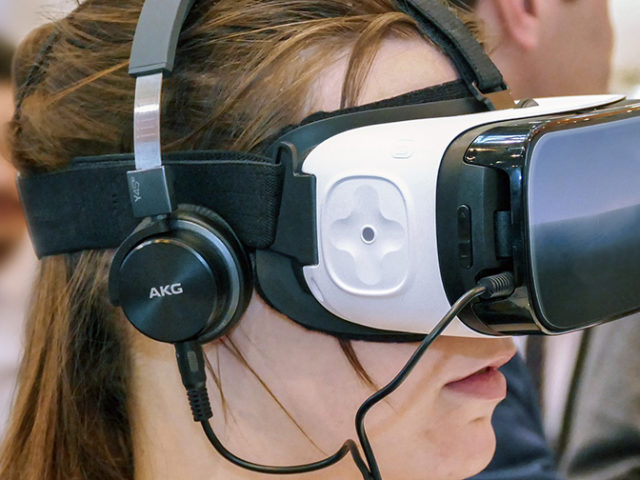New research reveals that a significant number of disadvantaged young people have participated in international study placements.
The UK Government’s Turing Scheme, launched to enable students to study and work abroad following Brexit, has been hailed a success, offering thousands of UK youth life-changing experiences.
Introduced in 2021, the Turing Scheme aims to broaden access to global educational and training opportunities, aligning with the government’s mission to promote social mobility in less advantaged UK regions. In its inaugural year, the scheme has enhanced global partnerships, extending beyond Europe. Now in its third year, over 40,000 students are expected to benefit in the 23/24 academic year, with 60% coming from disadvantaged or underrepresented backgrounds. This includes an increase of approximately 1,800 students from disadvantaged backgrounds in further education compared to the previous year.
The scheme has also bolstered relationships between UK universities, colleges, schools, and countries such as the USA, Japan, and Canada. Students have reported significant skill and academic knowledge enhancement, alongside the chance to immerse themselves in diverse cultures, enriching their international perspective beyond traditional learning environments.
Skills, Apprenticeships and Higher Education Minister Robert Halfon stated: “The Turing Scheme is a pivotal initiative for students from less advantaged backgrounds, offering them transformative global opportunities. It’s a testament to our post-Brexit vision, enabling a greater number of students to flourish globally.
“Young people are experiencing inspirational placements worldwide, not limited to Europe. These opportunities enhance their confidence and skills, aligning with our aspirations for a Global Britain.”
Students have engaged in various fields, including healthcare, environmental studies, and construction, across over 160 countries, including Canada, Japan, and the United States, in addition to popular European destinations.
Examples include Bellahouston Academy students in Glasgow exploring environmental issues near Reykjavik and University of Bradford nursing students gaining new healthcare perspectives in Africa. T Level students from Somerset experienced a transformative two-week placement in Mississippi.
Jon Harding, International and Education Projects Manager, remarked: “Some of our students, reliant on course support funding, had never owned a passport or left Somerset, making this their first flight. The impact of the Turing Scheme in providing these opportunities was immense, especially for students from low-income families.”
Year 5 students from Lanchester EP Primary School in Durham visited India, marking many of their first trips abroad. Student Kate shared: “The trip broadened my world view, igniting a desire to travel and learn about diverse cultures.”
Catering students from Southeastern Regional College in Northern Ireland enhanced their skills in Tennessee, their first trip outside Europe. Student Ellie Hamilton noted the cultural and skill-based enrichment from the experience.
Nottingham Trent University students visited Mexico, with psychology student Esi Cynthia Jacqueline Obiri highlighting the trip’s impact on confidence and career-relevant knowledge.
The Turing Scheme, announced in December 2020, contrasts with the Erasmus+ program, offering broader travel support, including funding for travel costs for disadvantaged higher education students, as well as visa, passport, and insurance expenses.
Further details about the scheme’s fourth year are expected soon.




